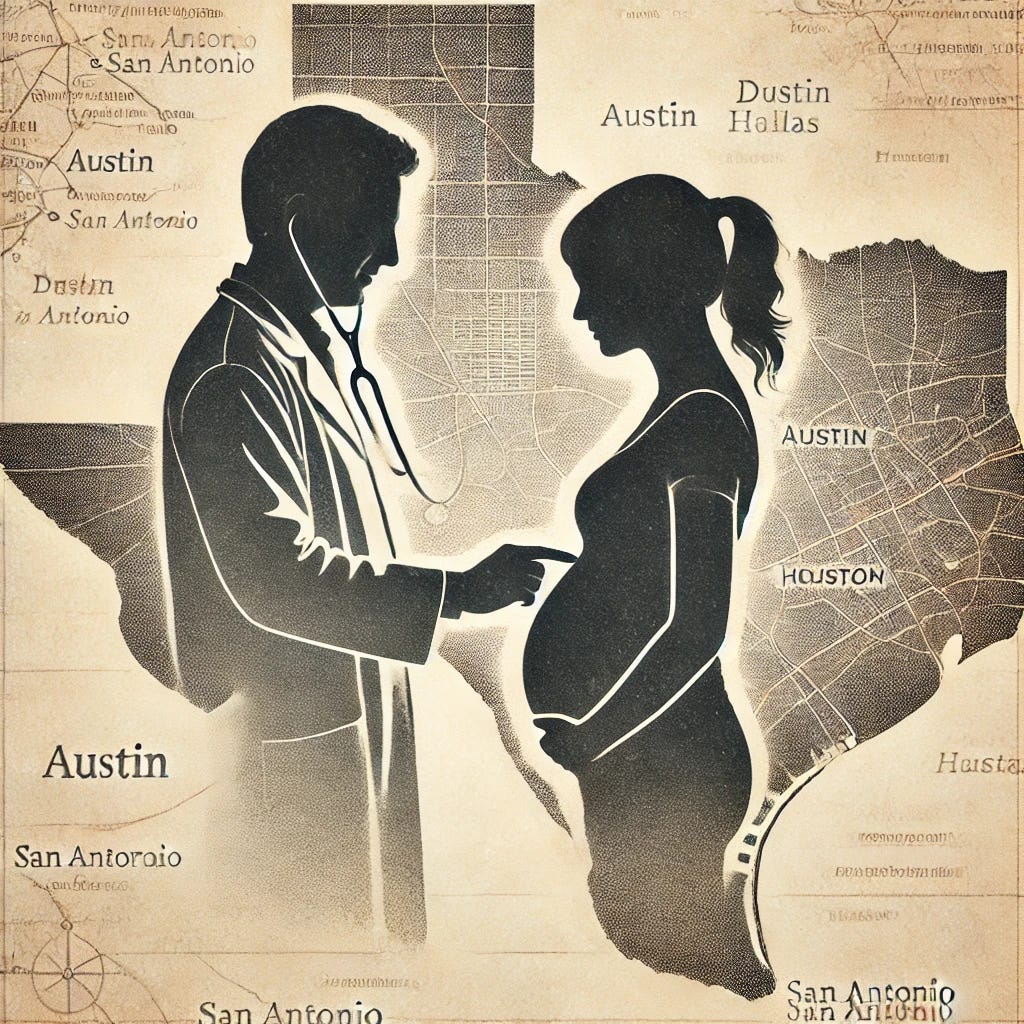Effort underway to clarify abortion exceptions in Texas legislature
Proposed law would create a deferential standard for doctors to prove that abortions were justified.
Tons of news is coming out of Texas regarding abortion, and I’ll be spending a few newsletters talking about it. Today, I’m going to go into the continued effort to clarify the medical exceptions under the state’s abortion ban.
Amy and Steve Bresnen, two lawyers who have been the driving force behind the attempted reform, have been involved from the outset. I spoke to Amy over the phone.
“Anytime there is a ban and exceptions, there is a risk that a woman will not get treated when she needs to be,” Bresnen said. “No one working on this bill feels like our work is done, so to speak. Far from it. This was just a first step in a very red state, and we intend to keep pushing.”
There is bipartisan support for the proposed Senate Bill 31. The state legislature’s involvement comes after the Texas Supreme Court and Texas Medical Board didn’t provide adequate guidance and protection to doctors in the state who found themselves in a situation where an abortion was indicated as life-saving care for a patient.
Texas’s current law is the Human Life Protection Act, which makes abortion punishable by up to 99 years in prison in Texas, with a stipulation. A woman with a life-threatening physical condition and her physician have the legal authority to proceed with an abortion to save the woman's life or primary bodily function.
In Zurawski v. Texas, the state Supreme Court found that doctors listed as plaintiffs had legal standing because they could be prosecuted under the order. The women didn’t, though. The state supreme court judges wrote in the majority opinion that the burden is the State’s to prove that no reasonable physician would have concluded that the mother had a life-threatening physical condition that placed her at risk of death or of substantial impairment of a major bodily function unless the abortion was performed.
It was a deferential opinion insofar as placing the burden of proof on the state to show that no other doctor would have performed an abortion in those hypothetical situations.
The state medical board clarified that they permit abortions for ectopic pregnancies. That was received well by the abortion rights community. There were other decisions by the board that weren’t as popular. Most people complained about the transfer provision, which required doctors to document whether they had tried to transfer the patient to a different facility to perform an abortion.
The current proposed bill, which is 15 pages long, addresses three key points: making exceptions more explicit, protecting doctors from "bounty hunter" provisions, and ensuring medical professionals can consult without fear of legal repercussions. The bill also includes provisions for extensive training for lawyers and doctors.
Despite bipartisan support, it faces opposition from groups like the Center for Reproductive Rights, which prefers Senate Bill 31. Bresnen said the group has issues with updating and modernizing the term ectopic pregnancy. That’s after they complained about the lack of clarity in the Zurawski petition.
Bresnen wanted to codify the part of Zurawski in which the state supreme court said that the burden of proof fell on the state to prove that no reasonable doctor would perform an abortion in a situation. The Center wants to use the term, Good Faith Judgment, whereas Bresnen intends to use, Reasonable Medical Judgment.
Bresnen’s standard would mean that if 100 doctors testified, none of them could say it was unreasonable that an abortion was performed in a given situation.
“It's an extremely deferential standard to doctors,” Bresnen said. “So I'm confused as to why they have a problem with that versus putting a doctor on trial to see what was in the doctor's mind. And that's what I mean by it's a more intrusive standard than reasonable medical judgment.”




